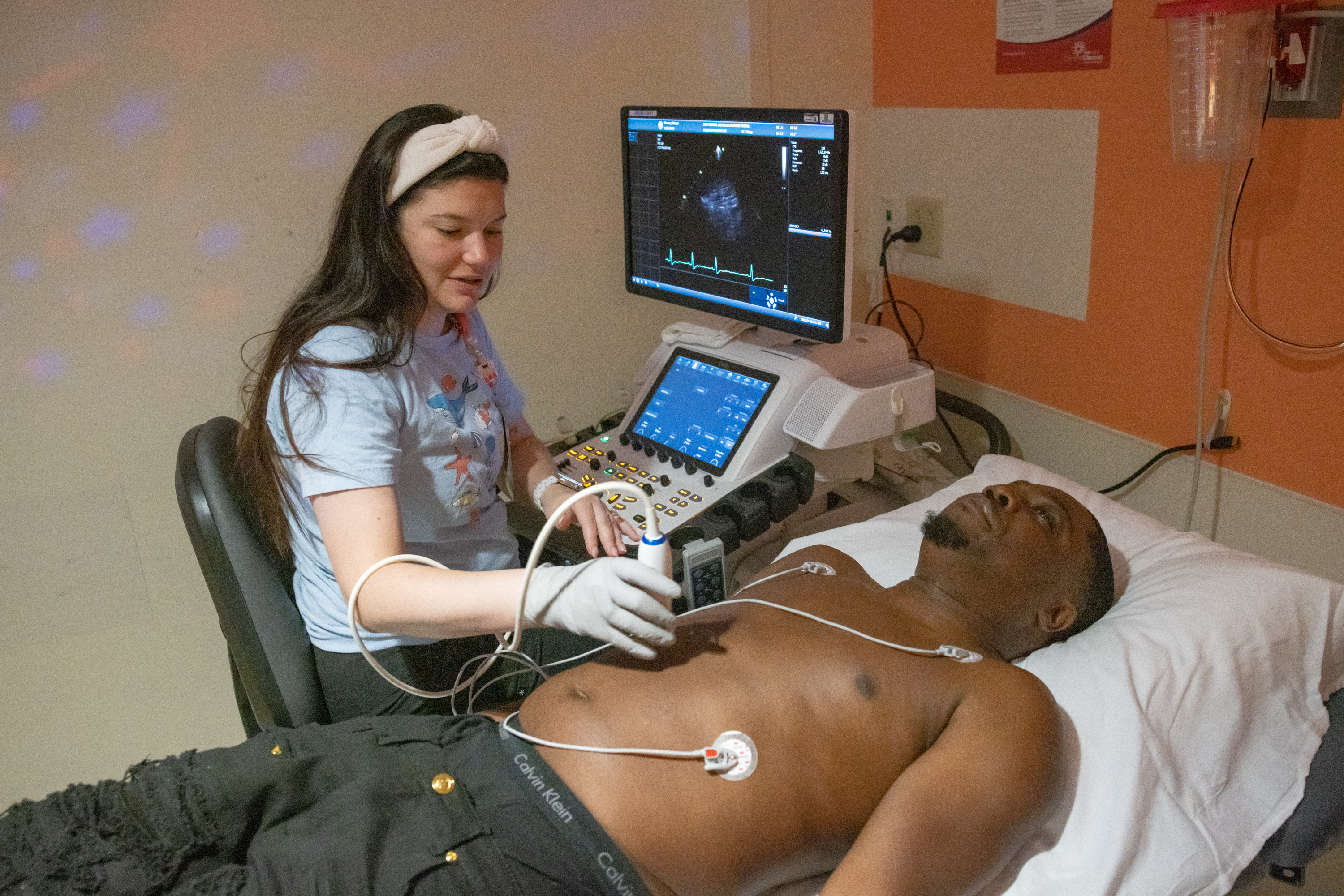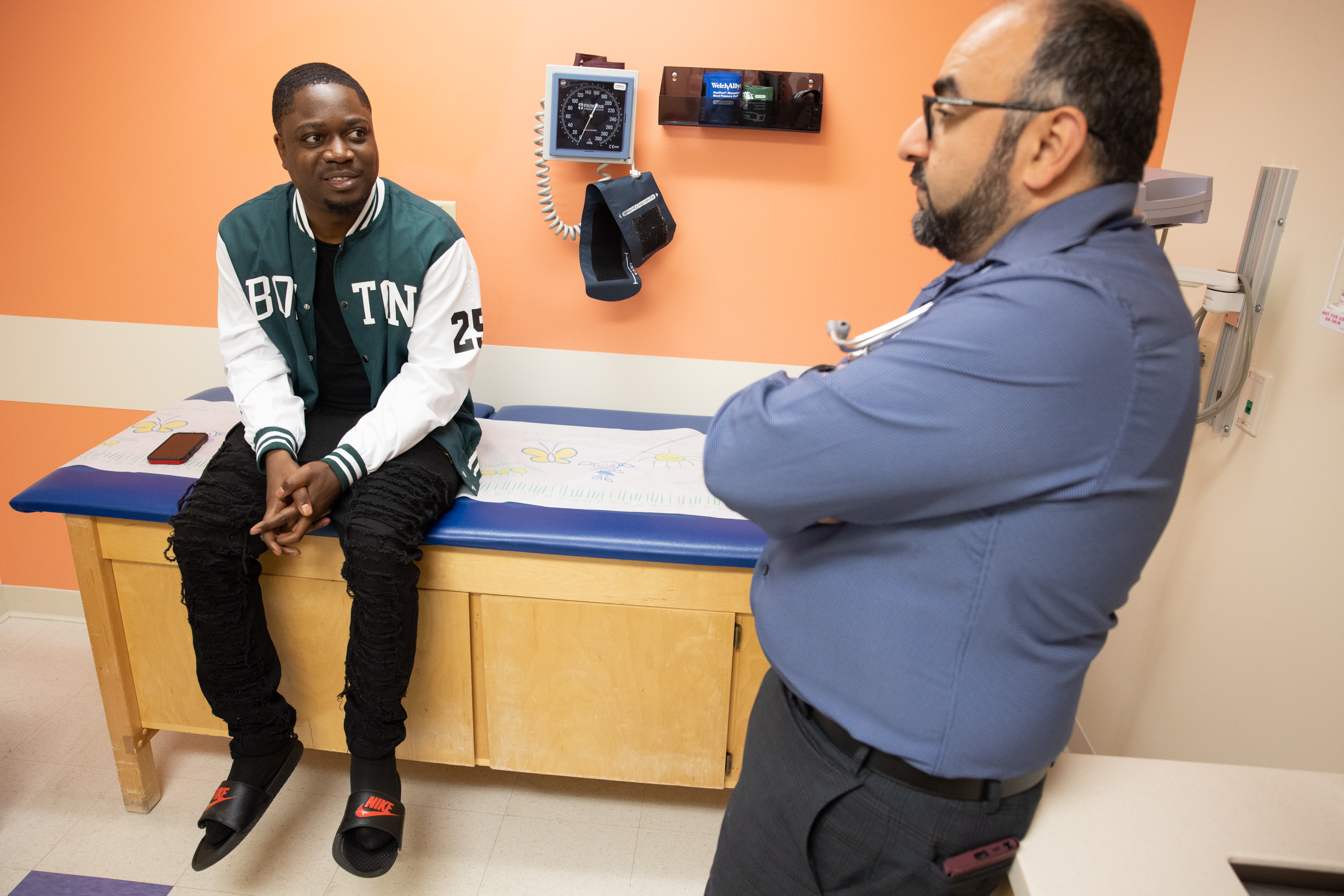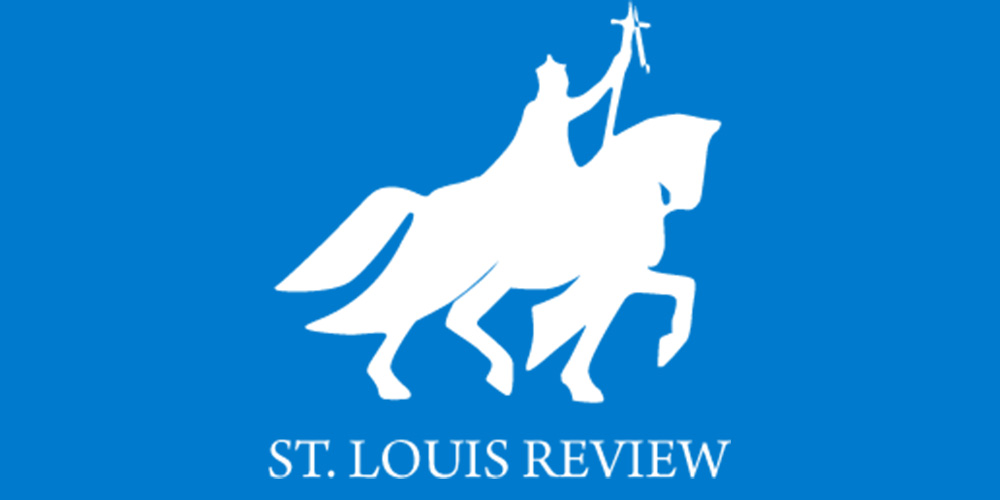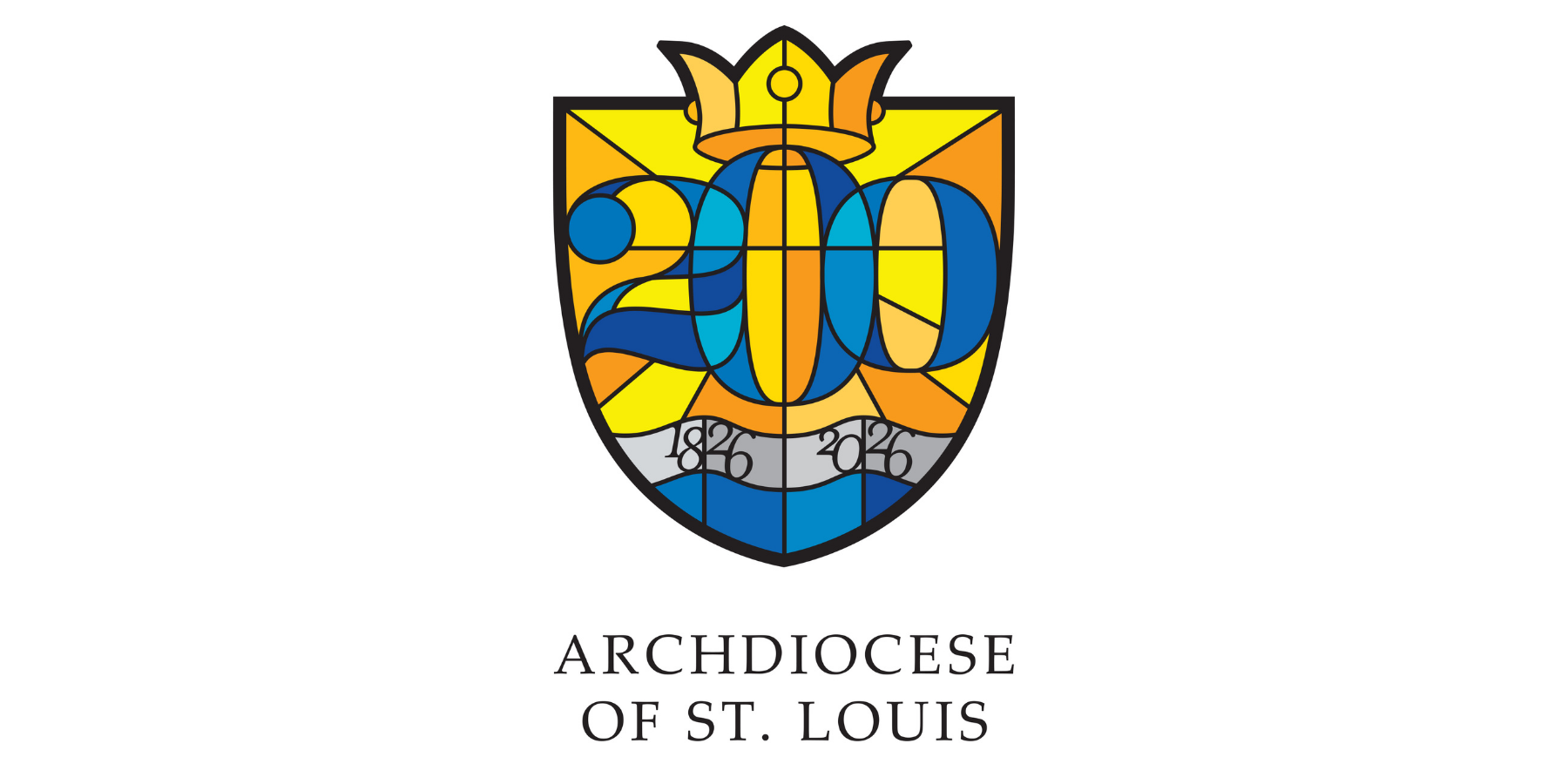SSM Health Cardinal Glennon program provides comprehensive care for adults with congenital heart disease

SSM Health Cardinal Glennon program provides comprehensive care for adults with congenital heart disease
With practiced care, Sidney Stillman attached EKG leads to Michael Monroe’s chest in the darkened imaging room.
“You’ve had a few of these, so you know the drill, right?” she asked him.
“More than a few,” he replied with a laugh.
Michael, 34, has been a patient at SSM Health Cardinal Glennon Children’s Hospital since shortly after birth. He was born with aortic valve stenosis, a narrowing of the valve between the heart’s main pumping chamber and the body’s main artery (the aorta). The congenital heart condition makes it difficult for blood to flow properly to the rest of the body.
Michael has undergone a number of treatments, including open heart surgery at age 15, and now receives regular care through the hospital’s Adult Congenital Heart Disease program, which provides comprehensive heart care for adults with congenital heart defects.
“They check the narrowness of the valve, the measurements and my levels for the medicine, just to make sure everything is aligned right,” Michael said. “I’m getting the help I need because they stay on top of it.”
This year, the Adult Congenital Heart Disease program at SSM Health Cardinal Glennon Children’s Hospital attained accreditation as a comprehensive care center from the Adult Congenital Heart Association. It is the only such program in the St. Louis region and one of only two active accredited ACHD programs in the state.
Adult congenital heart disease treatment as a separate field has been gaining traction in the past 20 years or so, ACHD medical director Dr. Ugo Nwankwo said. Before, patients either had to continue going to a pediatric cardiologist or find an adult cardiologist who happened to be well-versed in congenital issues.

“Adult cardiology is more geared toward what we call acquired or structural heart disease, which are issues that you either get during the course of your life or get worse as you get older,” Dr. Nwankwo said. Adult congenital heart disease patients were born with their heart issues, “so the evolution of their disease process is different compared to adults who have acquired heart disease.”
Treating it properly requires a deeper understanding of embryology, or how the heart is formed, as well as irregularities in the heart’s anatomy, he said.
Many patients, like Michael, have been receiving treatment for their heart disease since birth. The ACHD program at SSM Health Cardinal Glennon offers the THRIVE program, Transitioning Heart warriors to be Ready, Independent, Vigilant and Empowered, to help teens transition from pediatric care to established care with an ACHD physician. The program builds confidence in teens to take ownership of their health needs and responsibly manage their condition as they prepare for adulthood.
Dr. Nwankwo and the rest of the ACHD also treat some patients who discovered their congenital heart disease for the first time as adults. They may have had symptoms before but not the right testing to properly diagnose the issue, Dr. Nwankwo said.
Advanced imaging plays a crucial role in the ACHD program, he said. MRIs, CTs and echocardiograms can help the medical team diagnose and observe the workings of the heart without invasive procedures. They also use 4D Flow MRI to capture a four-dimensional movie of the heart beating and blood moving through the heart and blood vessels, and a three-dimensional model of the patient’s heart can be created in the 3D Printing Center of Excellence.
“I’m proud that we’re able to offer essentially all the services that are necessary to take care of our patients appropriately,” Dr. Nwankwo said. “Not every congenital heart program can say that.”






